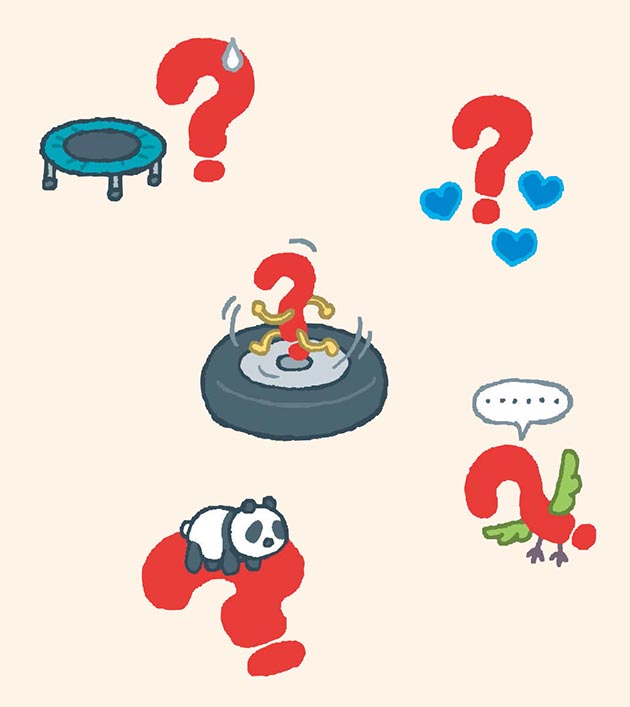Grammar:Who, whose, who's, whom
【明報專訊】Pat: MoMo, who's going to the concert held in Cultural Centre tonight?
MO MO: I'm not sure, but I think Dr Panda and Bill are going. Do you know whom they are going with?
Pat: No...do you think we should ask?
MO MO: Yeah, let's ask Bill. He's the one who's organizing everything, so he'll know.
Pat: Good idea. By the way, who's performing tonight?
MO MO: A well-known conductor from Russia will conduct Scheherazade by Rimsky Korsakov tonight.
Pat: That's awesome. I've been wanting to listen to this piece. Whose idea was it to go to the concert?
MO MO: It was actually Bill's idea. He's been a fan of this Russian conductor for a long time and wanted to see him live. I'm glad he helped us to buy the tickets.
Pat: Me too. I can't wait to see who else is going and have a great time tonight.
■English highway﹕
''Who,'' ''whom,'' ''whose,'' and ''who's'' are all pronouns, but they have different uses and meanings.
''Who'' is a subject pronoun, meaning it is used as the subject of a sentence.
E.g. Who is coming to the party?
''Whom'' is an object pronoun, meaning it is used as the object of a sentence or as the object of a preposition.
E.g. Whom did you invite to the party?
Special usage: To whom it may concern
Something you write at the start of a formal letter or notice when you do not know exactly who it should be sent to.
''Whose'' is a possessive pronoun, meaning it is used to show possession or ownership.
E.g. Whose car is parked in the driveway?
''Who's'' is a contraction of ''who is'' or ''who has.''
E.g. Who's going to the party tonight?''
■Know more
Scheherazade (一千零一夜) is a musical piece composed by Russian composer, Rimsky-Korsakov(林姆斯基-高沙可夫) in 1888, based on the stories in The Arabian Nights.
■Gear up
Fill in the blanks with ''Who'', ''Whose'', ''Who's'' or ''Whom''.
1. _______ phone is ringing?
2. _______ did you give the book to?
3. _______ been eating my potato chips?
(Answer on next text)
■Glossary
conduct (v) 指揮
formal (adj) 正式的
possession (n) 擁有
contraction (n) 縮寫
(Criticisms on this publication, if any, are aimed at pointing out the errors or defects of certain systems or policies with a view to rectifying or eradicating such errors or defects, as well as prompting improvement or remedy for them via lawful means. There is absolutely no intention of inciting hatred, discontent or hostility towards the government or other classes of the community.)
[Smarties' Power English 第403期]




